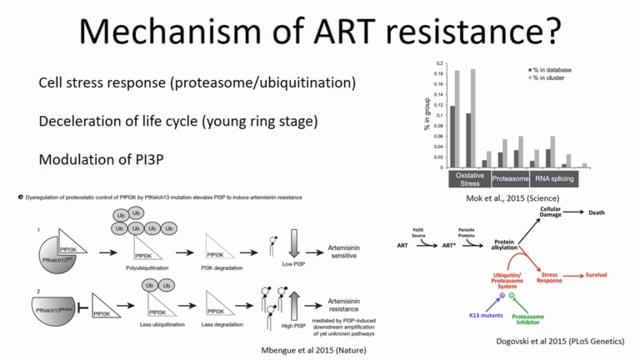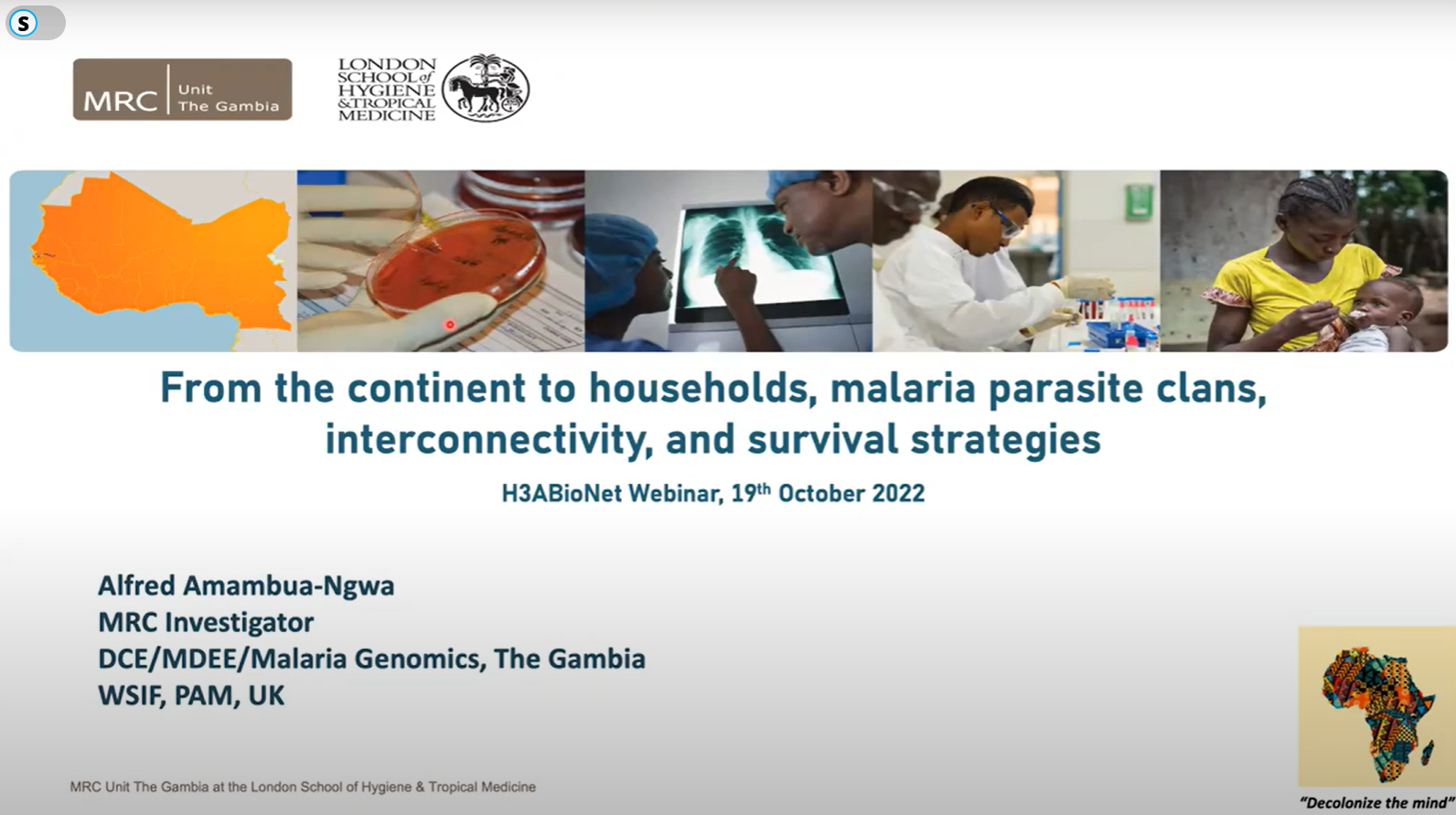Last Updated: 18/06/2024
Genetic adaptation of parasites to new environments: Plasmodium vivax in Americas (GENAD)
Objectives
The aims of this project are;
1) to reconstruct the origin of P. vivax in American humans
2) to reconstruct the origin of P. vivax in American monkeys (P. simium)
3) to identify mechanisms of adaptation of P. vivax in these environments (humans and monkeys).
Plasmodium vivax, a human malaria parasite characterized by a succession of several colonization events, represents an interesting model to study how pathogens adapt themselves to new environments. Present in almost all inter-tropical regions, in the Americas two events of colonization happened for P. vivax: one when P. vivax arrived and infected new human populations and one with the transfer of P. vivax from humans to American monkeys (P. simium). In this context, the general questions of this project will be : How and when has P. vivax genetically adapted to these new environments in the Americas: in humans and in monkeys (Plasmodium simium)? Which genes have been involved? This project will increase our knowledge of how P. vivax emerged.
Feb 2021 — Feb 2025
$384,498


